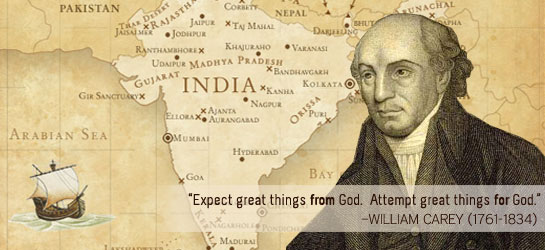This Sunday, the lectionary invites us to reflect on Luke 17:5-10. The English Standard Version supplies verses 5-6 with the heading “Increase Our Faith,” and verses 7-10 with the heading “Unworthy Servants.”
In verse 5, Luke tells us the apostles said to Jesus, “Increase our faith.” Verses 6-10 are Jesus’ response to them.
Inspired by verse 5, Christians often ask Jesus to increase their faith. When did you last pray for or hear someone praying for increase in faith?
Most likely, it was when something bad happened. Like being diagnosed with cancer. Or fearing arrest for insulting a religion or a person.
In such situations, we ask for faith to cope. To cope with fear, anxiety. Because we believe we’re good people; we believe God is good; and we believe God won’t allow bad things to happen to good people.
Nothing wrong with that. But that’s not the context of the text.
To understand why the disciples asked Jesus to increase their faith, we have to look at verses 1-4. In these verses, we hear what Jesus said to the apostles after he finished rebuking the Pharisees, who were the most rule-bound, religious people of the time.[1]
The Pharisees saw themselves as the guardians of the faith, of God’s commandments. And they committed themselves to obeying them.
Consider the fourth of the ten commandments, which concerns the Sabbath, the day of rest.[2] Once, Moses ordered a man to be stoned to death because the man collected firewood on a Sabbath.[3]
Because no one must do any work on the Sabbath day. Is cooking work? Is walking work? Is healing work? The Pharisees, wanting to obey the law, decided cooking was work; decided walking more than “2,000 cubits,” which is about 900 metres, was work; decided healing was work.
Jesus didn’t apologize for Moses. But he insisted the Sabbath was made for man, not the other way around.[4] This was his response to the Pharisees who scolded him for allowing his disciples to pluck and eat corn on the Sabbath.
We’re very fond of holding up Pharisees as people whom Jesus relentlessly criticized. This is partly because Pharisees were the biggest opponents of the apostolic preaching of Jesus as the Messiah: the gospel writers wanted to give the Pharisees a bad press.
But in this passage, Jesus is saying to the apostles that they must be as committed as the Pharisees in challenging the beliefs of others.
As I said earlier, the disciples asked Jesus to increase their faith after hearing what Luke records in verses 1-4. Listen:
And [Jesus] said to his disciples, “Temptations to sin are sure to come, but woe to the one through whom they come! 2 It would be better for him if a millstone were hung round his neck and he were cast into the sea than that he should cause one of these little ones to sin. 3 Pay attention to yourselves! If your brother sins, rebuke him, and if he repents, forgive him, 4 and if he sins against you seven times in the day, and turns to you seven times, saying, ‘I repent’, you must forgive him.”
Jesus speaks of temptations to sin, temptations to do things which keep us safe or increase our wellbeing, but cause harm to others. We know such urgings are normal in everyone’s lives. We know such urgings come from within us, from our families, from our friends, from our enemies.
Jesus warns us that choosing the supposedly safe way, the way of not confronting wrong doings and wrong teachings, is sin, is unacceptable to God. He says the punishment for choosing the supposedly safe way is much worse than drowning and dying a violent, struggling death.
Then, Jesus adds that when we see others doing such things, we must rebuke them. Have we done so? Are we willing to do so?
Jesus isn’t done. He adds that we must also forgive them repeatedly, if they say they have changed their ways.
Now we see why the disciples asked Jesus to increase their faith. They asked because they understood faith as a gift. But Jesus answer about the sufficiency of faith as small as a mustard seed shows that he understood faith as a commitment: as a commitment to step out and do things which would be very challenging, very dangerous.
And what was Jesus’ answer? His answer was that it’s not about quantity. It’s about whom to obey. It’s about how to look at others. It’s about commitment, about taking the first steps.
We’re to think not about who or what may confront us on the road, but about who put us on the road. We’re not to sit, pray, receive, and sit again. We’re to venture out.
William Carey, a British missionary, shaped India. He established schools and a college, worked to abolish practices like widow burning and killing of girl babies. He translated the Bible into many languages, established churches, championed education for girls, and opposed the caste system.
His motto was “Expect great things from God; attempt great things for God.” What’s your motto?
Peace be with you.
[1] From the previous chapter, Luke 16, we know that Jesus explicitly addressed the Pharisees before he turned his attention to the apostles in today’s chapter.
[2] See Exodus 20:8-10.
[3] See Numbers 15:32-36.
[4] See Mark 2:27.
To learn more about Rama, click here.


